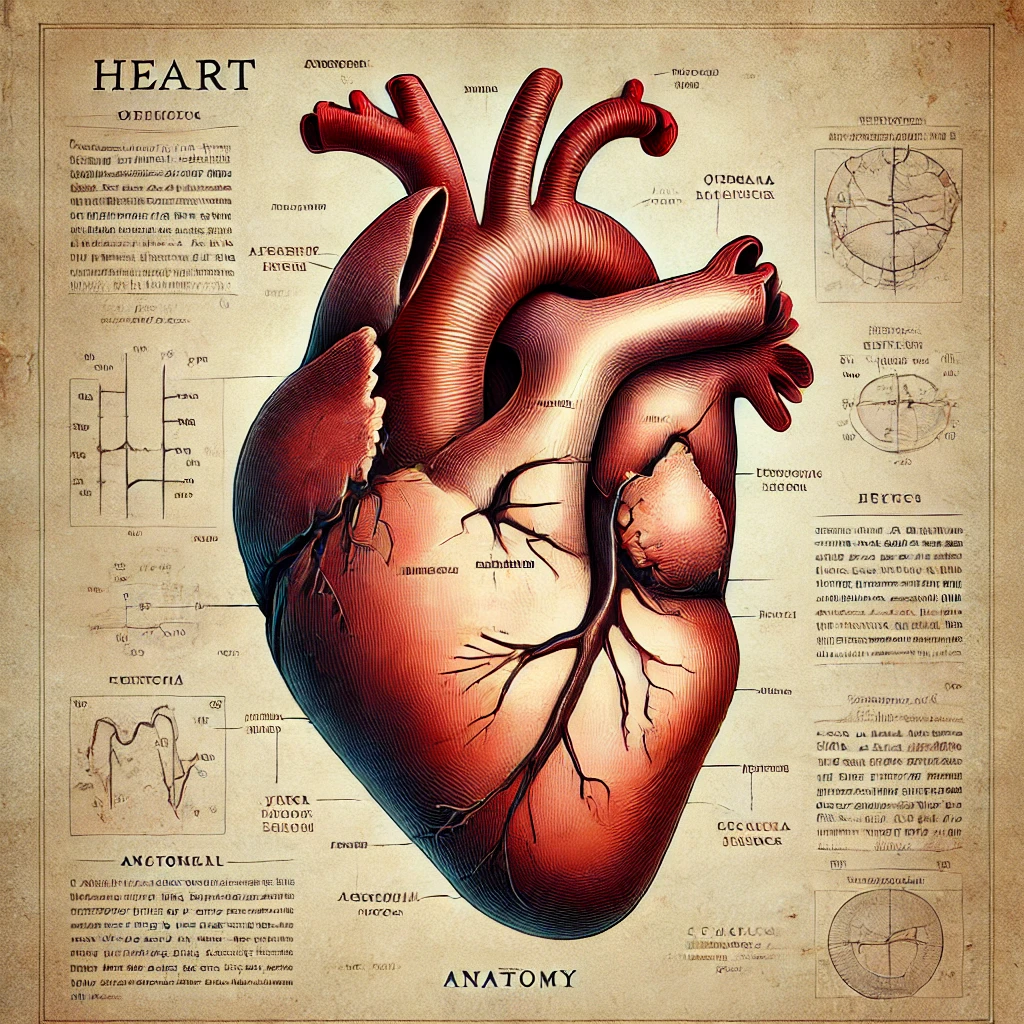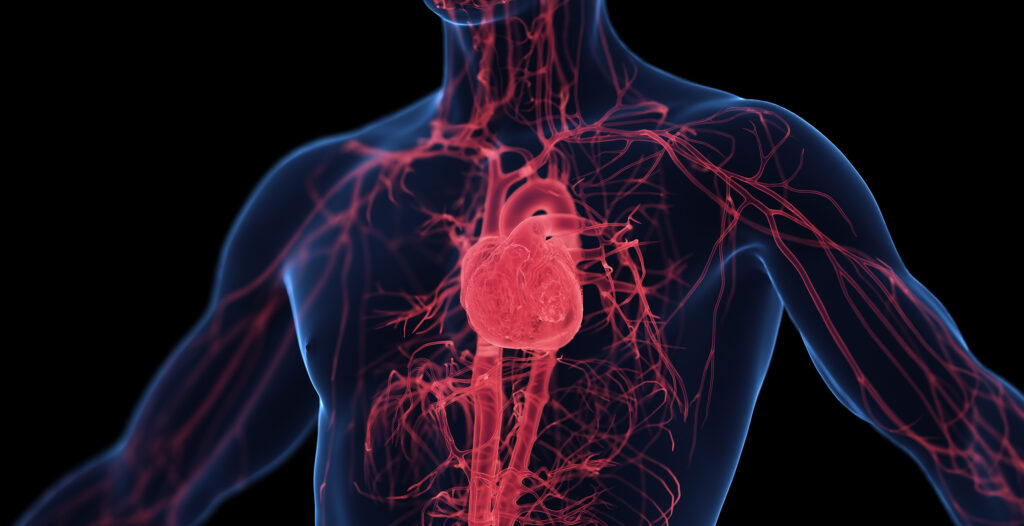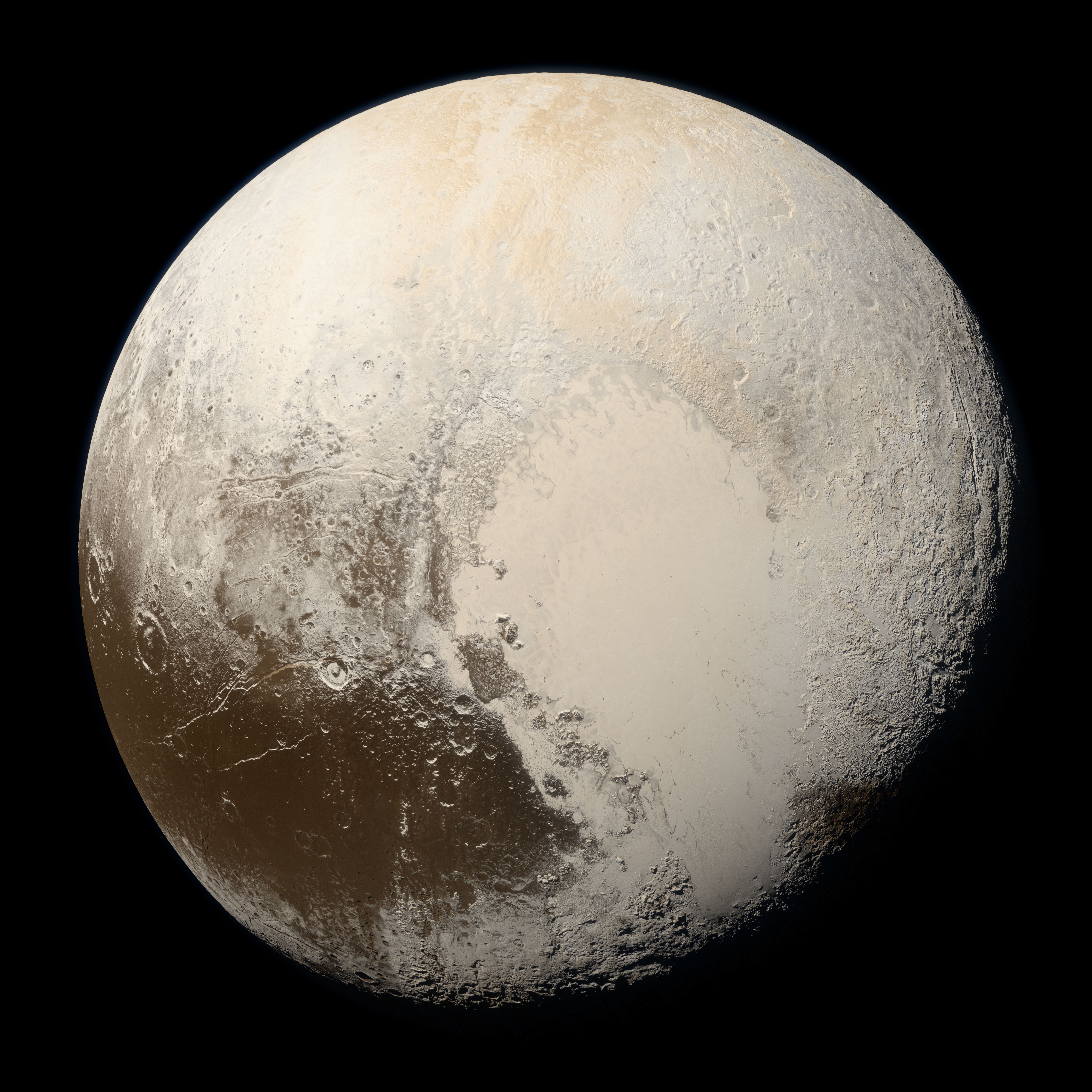Traditional Chinese Medicine (TCM) views the human body as an interconnected system, where each organ plays a vital role in maintaining health. The heart, known as the “emperor” in TCM, holds a central position within this framework. Beyond its physiological functions, the heart is associated with various aspects, including its own cycle, time of day, emotions, and clinical systems. Let’s delve into the intricate understanding of the heart in TCM and explore its significance for overall well-being.
Cycle of the Heart:
In Traditional Chinese Medicine (TCM), the “Organ Clock” represents a 24-hour cycle in which each organ reaches its peak activity, influencing its function and energy flow. The heart is most active between 11 a.m. and 1 p.m., a time when its energy, or “qi,” is at its strongest. This period is believed to be vital for maintaining emotional balance, circulation, and overall vitality. TCM encourages activities that nurture the heart during this window, such as enjoying a nutritious meal, practicing gratitude, or engaging in calming practices like meditation. By aligning daily routines with the Organ Clock, individuals can enhance their heart’s health, promote balance within the body, and cultivate a sense of harmony with natural rhythms.
Time of Day of the Heart:
The heart’s prominence in TCM is further emphasized by its association with the Fire element and the summer season. According to TCM principles, the heart’s energy is at its peak during summer, which correlates with the highest yang energy in nature. This is a time of expansion, growth, and outward expression, mirroring the heart’s role as a source of joy and connection.
Emotion of the Heart:
In Traditional Chinese Medicine (TCM), emotions are deeply intertwined with physical health, with each organ connected to specific emotional states. The heart is associated with joy, enthusiasm, and emotional balance, acting as the center of one’s emotional and spiritual well-being. When the heart’s energy, or “shen,” is in harmony, it fosters feelings of tranquility, vitality, and healthy relationships, promoting a stable and positive emotional state. However, excessive joy, overstimulation, or prolonged agitation can disturb the heart’s energy, potentially leading to imbalances that ripple through other organ systems. TCM emphasizes practices such as mindfulness, calming rituals, and balanced living to support the heart’s emotional equilibrium, helping to maintain overall health and harmony.

Clinical Systems in TCM of the Heart
Within TCM, the heart’s clinical systems encompass a range of symptoms and disorders that reflect its imbalances. Some common conditions include palpitations, insomnia, anxiety, and even speech disorders. TCM practitioners evaluate these symptoms holistically, considering the interplay between the heart and other organs to address underlying imbalances.
In Traditional Chinese Medicine (TCM), treatments for heart-related conditions focus on restoring balance and harmony within the body, addressing both physical and emotional well-being. Techniques such as acupuncture are used to stimulate specific meridian points, promoting energy flow and relieving tension in the heart’s pathways. Herbal medicine, customized to the individual’s needs, provides natural remedies to nourish and support heart function. Dietary adjustments, like incorporating heart-friendly foods, align with TCM principles to enhance energy balance. Meditation and mindfulness practices are encouraged to calm the mind and strengthen the heart’s emotional connection. These holistic approaches work together, addressing physical symptoms while also nurturing the emotional and spiritual aspects of heart health, fostering a sense of overall equilibrium.
Additionally, TCM emphasizes the importance of preventive care for heart health. Lifestyle choices, such as maintaining a balanced diet, engaging in regular physical activity, managing stress, and cultivating positive emotions, are essential for supporting the heart’s well-being.
The heart holds a significant place in Traditional Chinese Medicine, not only as a vital organ but also as an energetic and emotional center. Understanding the heart’s role in the context of TCM can help us cultivate a holistic approach to our well-being. By harmonizing our activities with the heart’s cycle, nurturing positive emotions, and seeking appropriate TCM interventions when needed, we can enhance our heart health and contribute to overall balance and vitality.
How useful was this post?
Click on a star to rate it!
Average rating / 5. Vote count:
No votes so far! Be the first to rate this post.
Author
-
Meet Dr. Kendall Gregory, a highly accomplished professional with a remarkable academic background and a deep passion for empowering individuals through knowledge. Dr. Gregory’s educational journey began with a Bachelor of Science degree, followed by a Doctor of Chiropractic Medicine, focusing on diagnosing and treating musculoskeletal conditions. He further expanded his expertise with a Master's degree in Oriental Medicine, specializing in acupuncture and Chinese herbology, and a Master's degree in Health Care Administration, emphasizing his dedication to improving healthcare systems. Dr. Gregory combines his extensive knowledge and practical experience to provide comprehensive and integrative healthcare solutions. Through his writings, he aims to inspire individuals to take charge of their health and make informed decisions.
View all posts








[…] the heart of Sword of the Stranger lies the climactic duel between Nanashi and Luo-Lang, widely regarded as […]